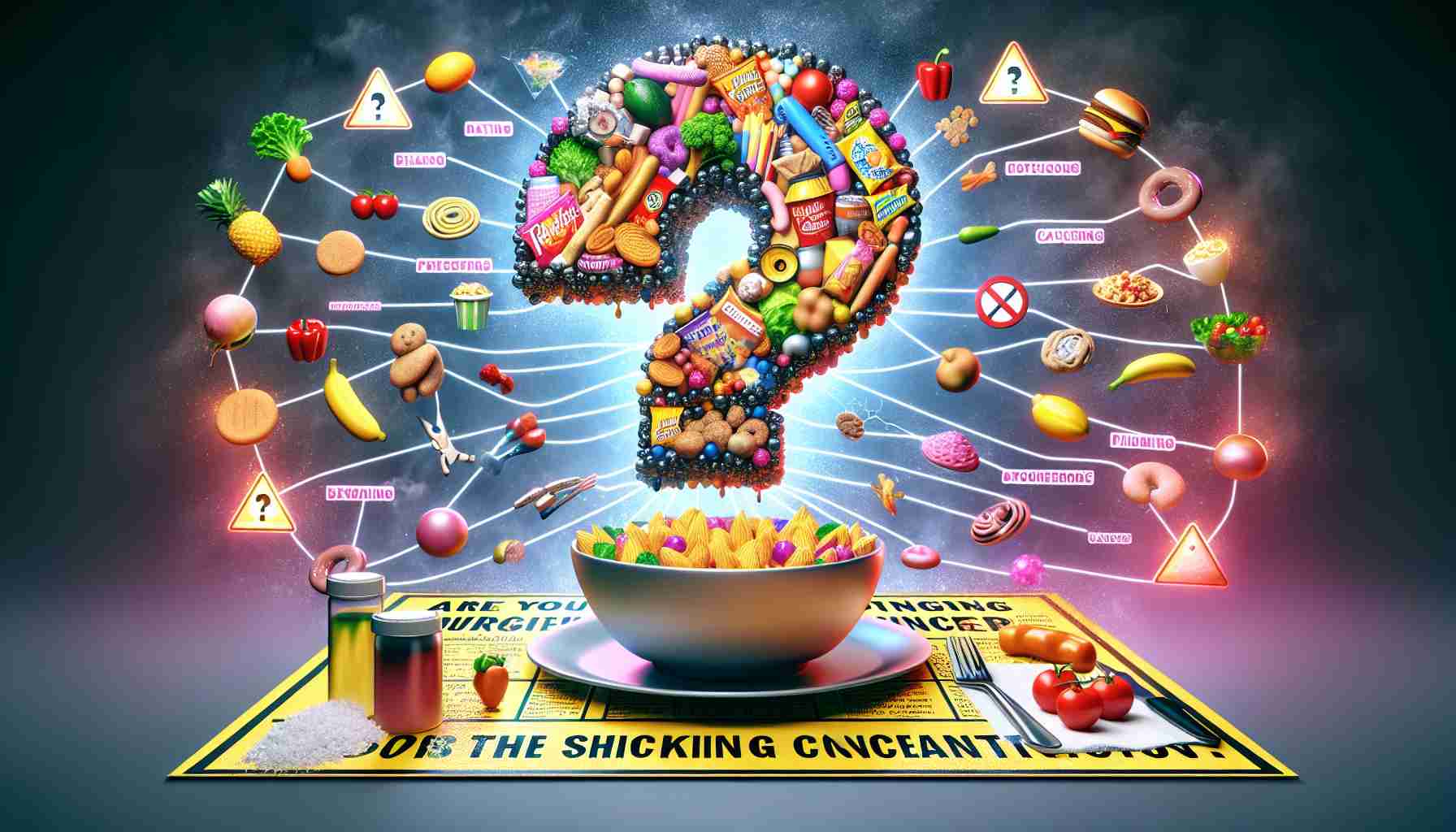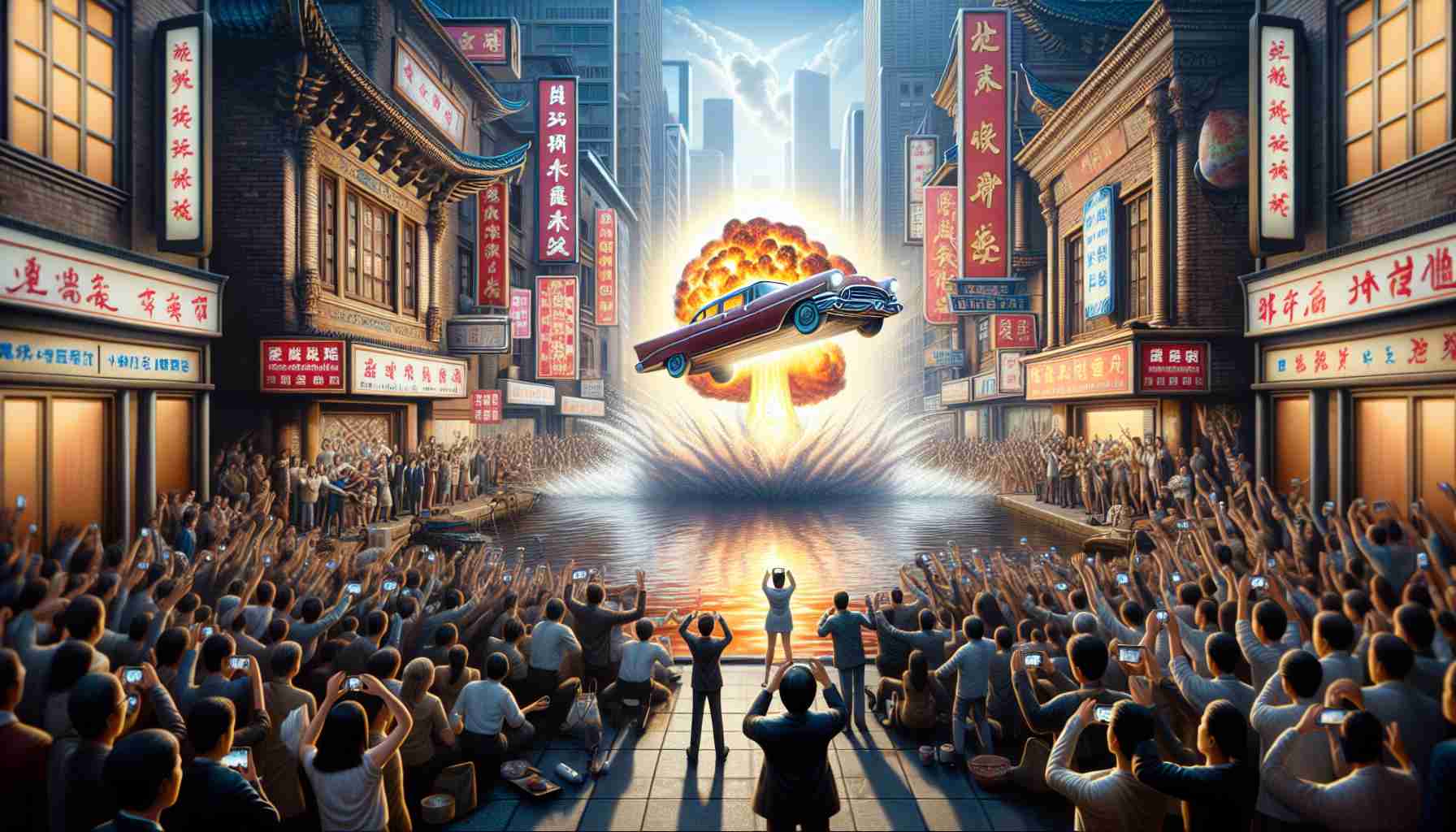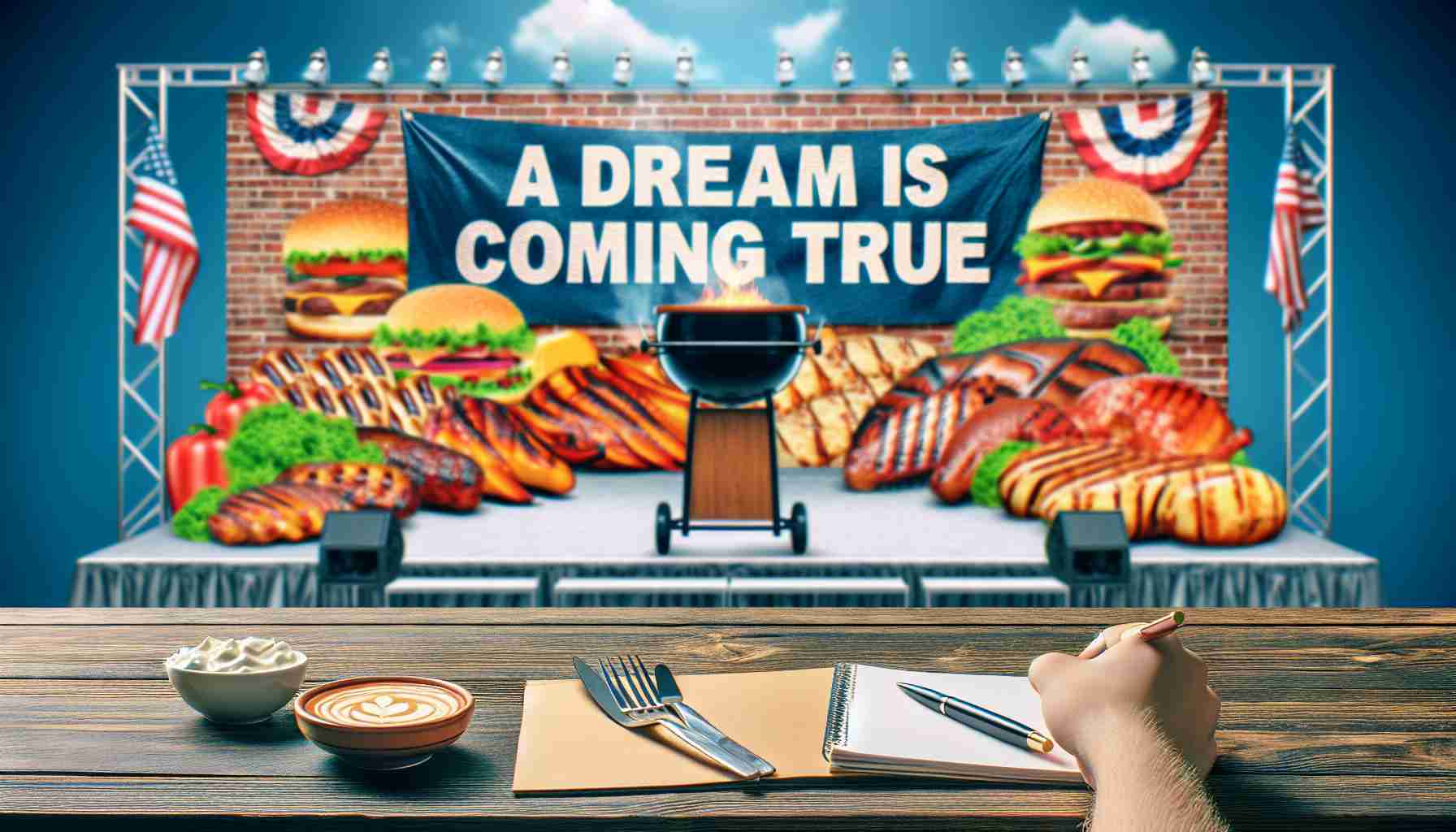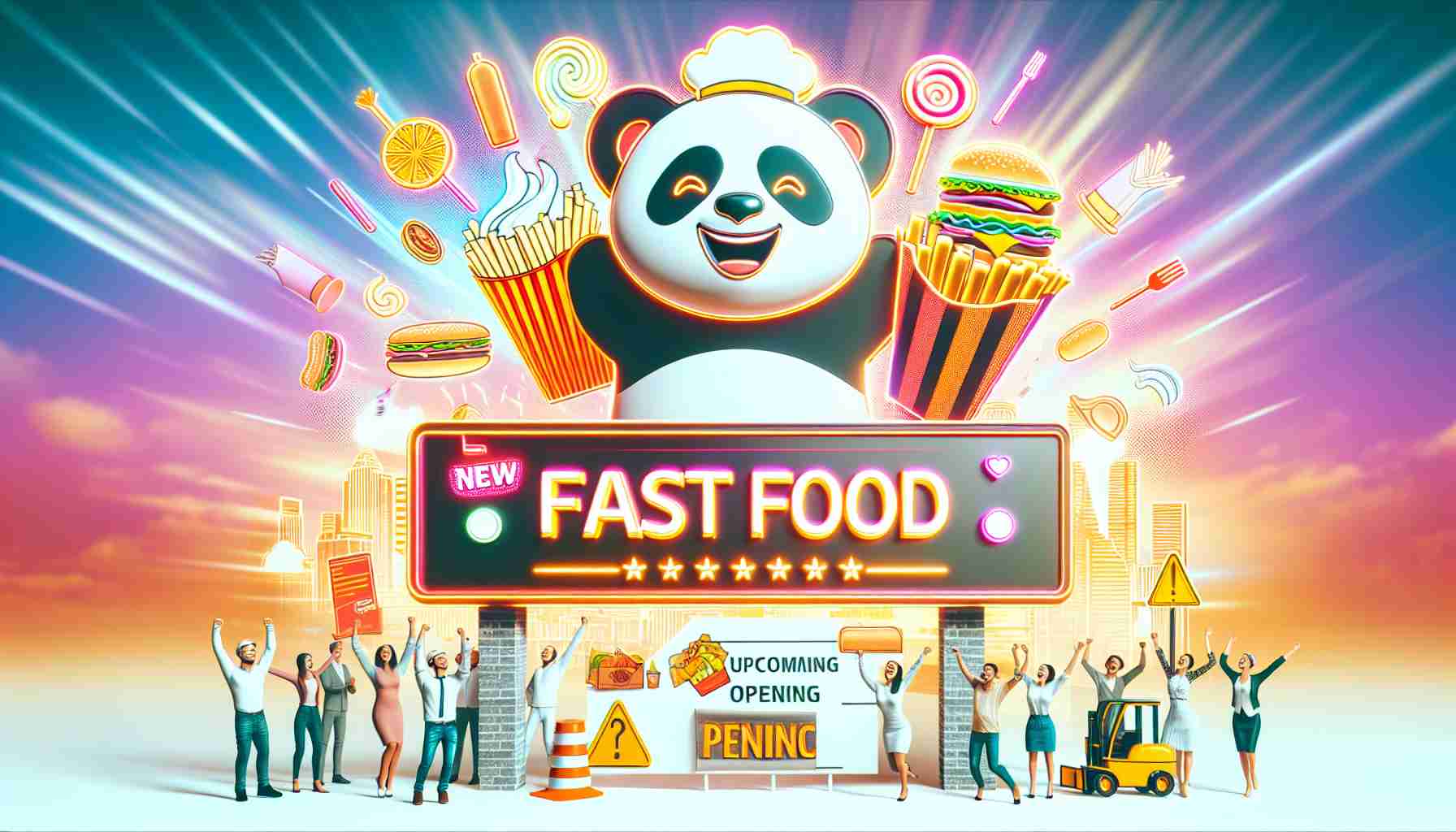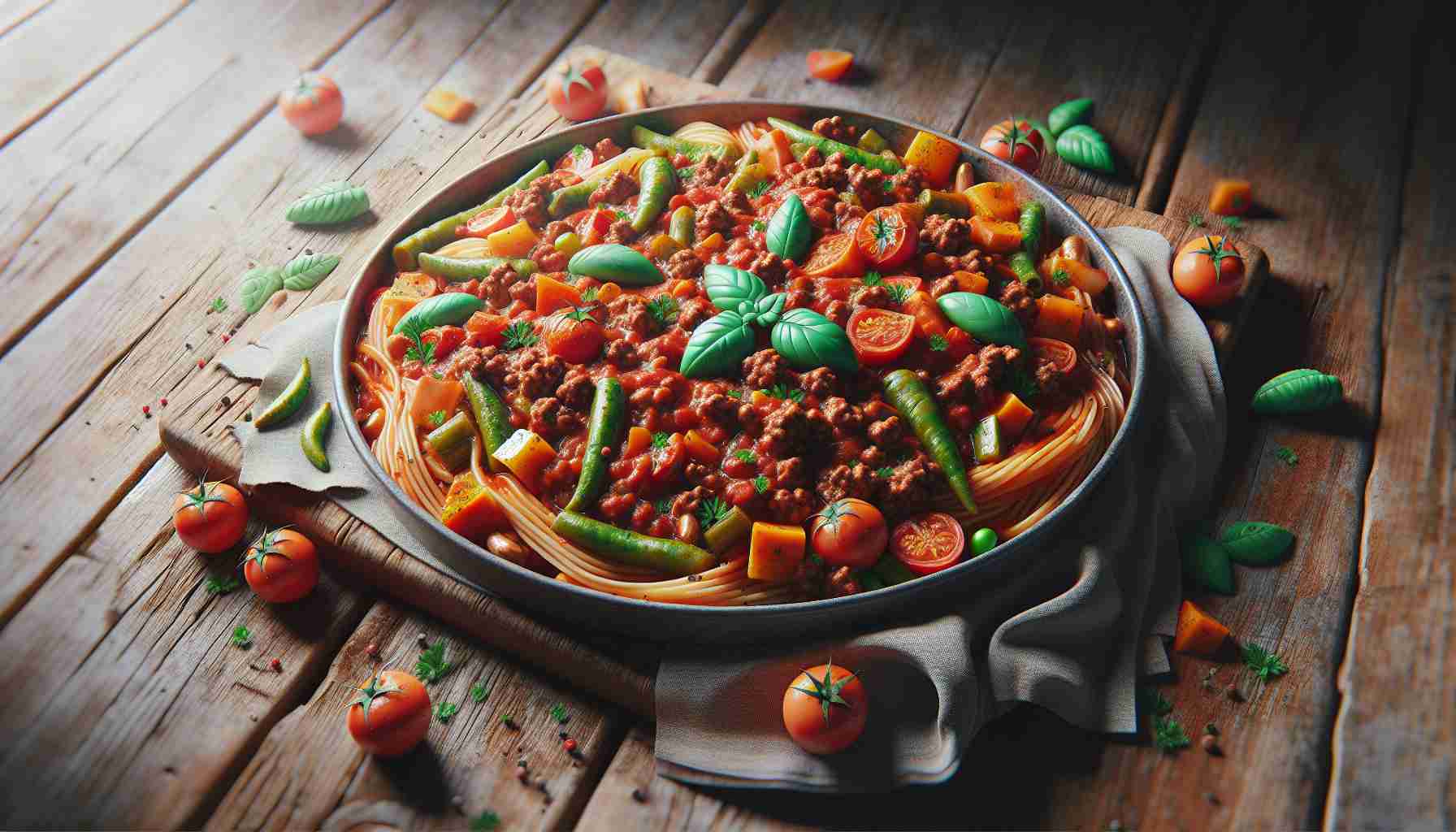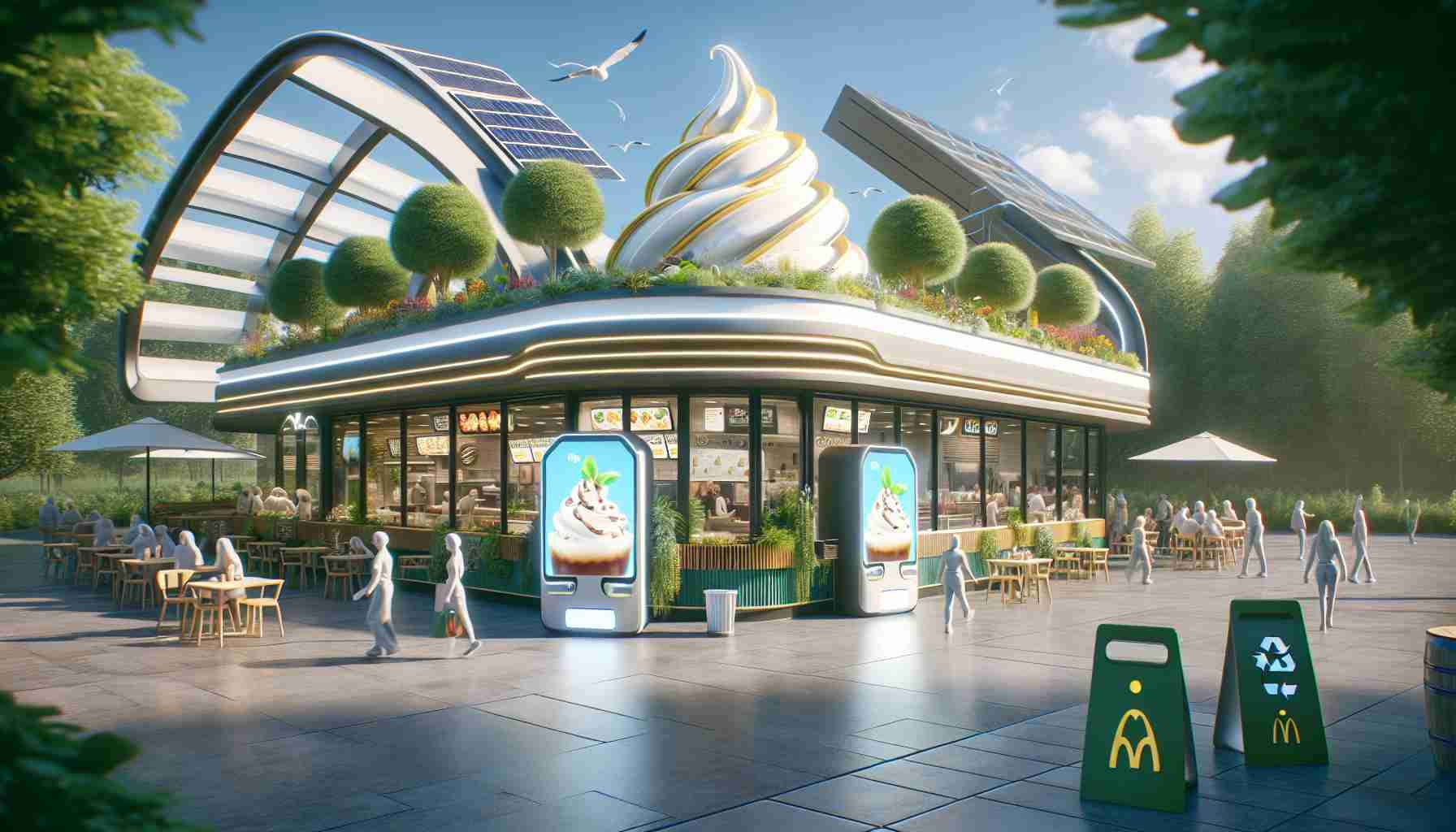McDonald’s Embraces Sustainable Innovation Beyond McFlurries
McDonald’s, known for its massive fast-food presence worldwide, continues to make strides in sustainability beyond its iconic McFlurries. The company’s commitment to environmental responsibility is evident through various initiatives, showcasing a dedication to transforming materials and reducing waste.
A significant shift can be seen in the redesign of not just McFlurry cups, but also in the elimination of conventional plastic lids. The introduction of a one-piece container with innovative flap design signifies a move towards more eco-friendly packaging solutions. This change is part of McDonald’s broader goal to utilize 100% renewable, recycled, or certified materials in guest packaging by the year 2025.
Beyond packaging, McDonald’s has extended its sustainability efforts to include beloved Happy Meal toys. The company aims to phase out virgin fossil fuel-based plastic in these toys, reflecting a commitment to reducing environmental impact and promoting sustainable practices. Notably, McDonald’s has already made significant progress in this area, with an impressive 63.7% reduction achieved.
Furthermore, McDonald’s has taken steps to address concerns regarding single-use plastics by revamping its McFlurry spoons. The transition to smaller, more sustainable spoons aligns with the company’s overall strategy to minimize plastic waste and enhance eco-conscious practices throughout its operations.
McDonald’s overarching sustainability principles encompass a wide range of environmental and social issues, from eliminating harmful fluorinated compounds in packaging to setting science-based climate targets and promoting animal welfare. These initiatives demonstrate McDonald’s ongoing commitment to sustainability and innovation in the fast-food industry, setting a positive example for other brands to follow suit.
Exploring McDonald’s Sustainable Innovations: Going Beyond McFlurries
As McDonald’s continues to push the boundaries of sustainability, there are noteworthy facts and developments that have not been covered in the previous article. Let’s delve into some key aspects that shed light on the fast-food giant’s commitment to environmental responsibility and innovation.
Key Questions and Answers:
1. How is McDonald’s addressing food waste and recycling beyond packaging?
– McDonald’s has implemented food waste reduction strategies and increased recycling initiatives across its global operations. The company works to minimize food waste through efficient inventory management and sustainable sourcing practices.
2. What measures is McDonald’s taking to reduce its overall carbon footprint?
– In addition to sustainable packaging solutions, McDonald’s is investing in energy-efficient technologies and renewable energy sources to lower its carbon emissions. The company aims to achieve net-zero greenhouse gas emissions by 2050.
Key Challenges and Controversies:
One of the primary challenges facing McDonald’s sustainable initiatives is the scale of its operations and supply chain. Balancing sustainability goals with the need to serve millions of customers daily presents logistical challenges in sourcing eco-friendly materials and implementing changes across thousands of locations globally. Additionally, some critics argue that McDonald’s sustainability efforts may not go far enough to address broader issues, such as the impact of fast-food consumption on public health and the environment.
Advantages and Disadvantages:
Advantages:
– McDonald’s sustainable innovations set a positive example for the fast-food industry and encourage other companies to adopt similar practices.
– By reducing its reliance on single-use plastics and transitioning to eco-friendly materials, McDonald’s contributes to the global fight against plastic pollution and environmental degradation.
Disadvantages:
– Implementing sustainable practices may result in increased costs for McDonald’s, which could potentially impact pricing and profitability.
– Balancing sustainability goals with customer preferences and operational efficiency remains a complex challenge for the company.
In conclusion, McDonald’s ongoing efforts to embrace sustainable innovation beyond McFlurries mark a significant commitment to environmental stewardship in the fast-food sector. While there are challenges and controversies associated with such initiatives, the company’s strides towards a more sustainable future serve as a beacon of inspiration for the industry at large.
For more information on McDonald’s sustainable initiatives and progress, visit their official website at McDonald’s Sustainability.
